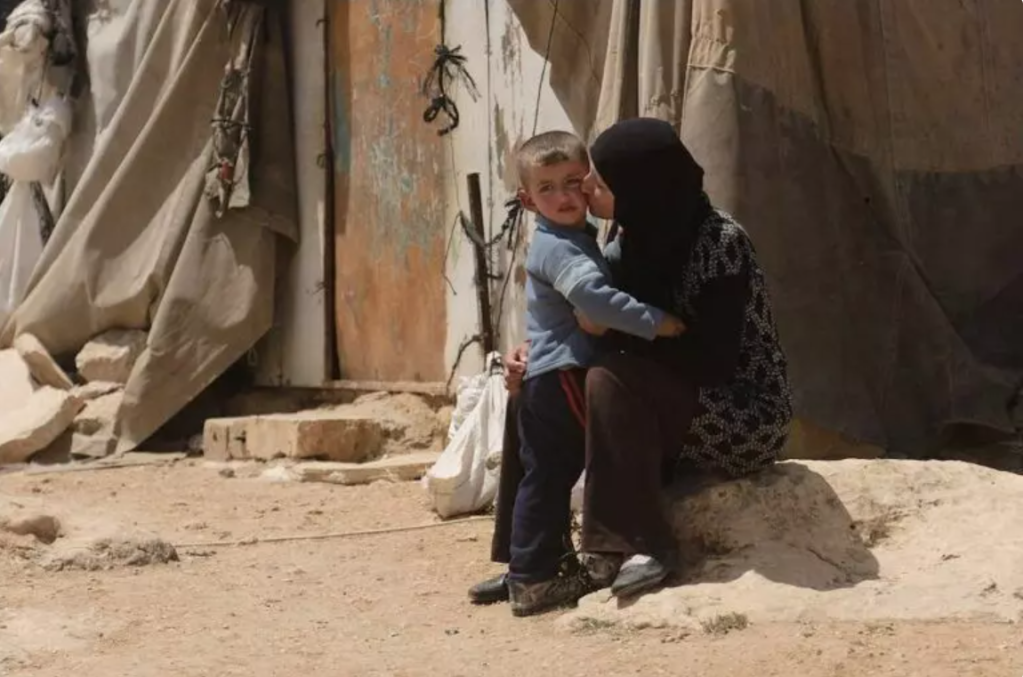By René Wadlow
The United Nations (UN) has recently drawn attention to situations of acute hunger in areas where there is armed conflict. Stephane Dujarric, the UN Spokesperson, stated that, in Sudan, there were 18 million people facing acute food insecurity with alarming reports of child deaths related to malnutrition. Sudan has been the victim of a year-long armed conflict between the leaders of the regular army and its rival, the Rapid Support Force. This conflict has been particularly acute in the Darfur Province which has been the scene of violence and massive displacement of population since 2004.
In Ethiopia, where there has been fighting, especially in the Tigray Province between the forces of the government and Tigray militias, there is widespread hunger. Many people have been displaced by the fighting, and thus food crops have not been planted. International relief efforts have been hindered by the disorganization of all governmental services and corruption. The hunger situation is also acute in Gezira Province, usually a “breadbasket” area of food crops.
The situation in the Gaza Strip has been front page news since October 8, 2023, when the bombing of the Strip began in the armed conflict between Israelis and Palestinians. The delivery of food aid has been a central issue of international concern. However, hunger persists and its consequences deepen. The economic and social infrastructure of the Gaza Strip has been largely destroyed and will take a long time to rebuild even when, and if, a political administration is reestablished. Beth Bechdol, Associate Director of the UN Food and Agriculture Organization (FAO) has said that the speed and degree of the food crisis in the Gaza Strip is unprecedented.
These examples, to which others could be added such as the eastern zones of the Democratic Republic of Congo, are an indication of the need to combine conflict resolution efforts with food support and other forms of relief. As long as violence continues, relief can only be uneven and temporary. Too often, as within the UN system, conflict resolution efforts and food relief are separated and not sufficiently coordinated. A holistic vision is necessary and combined efforts undertaken.
Prof. René Wadlow is President of the Association of World Citizens.





